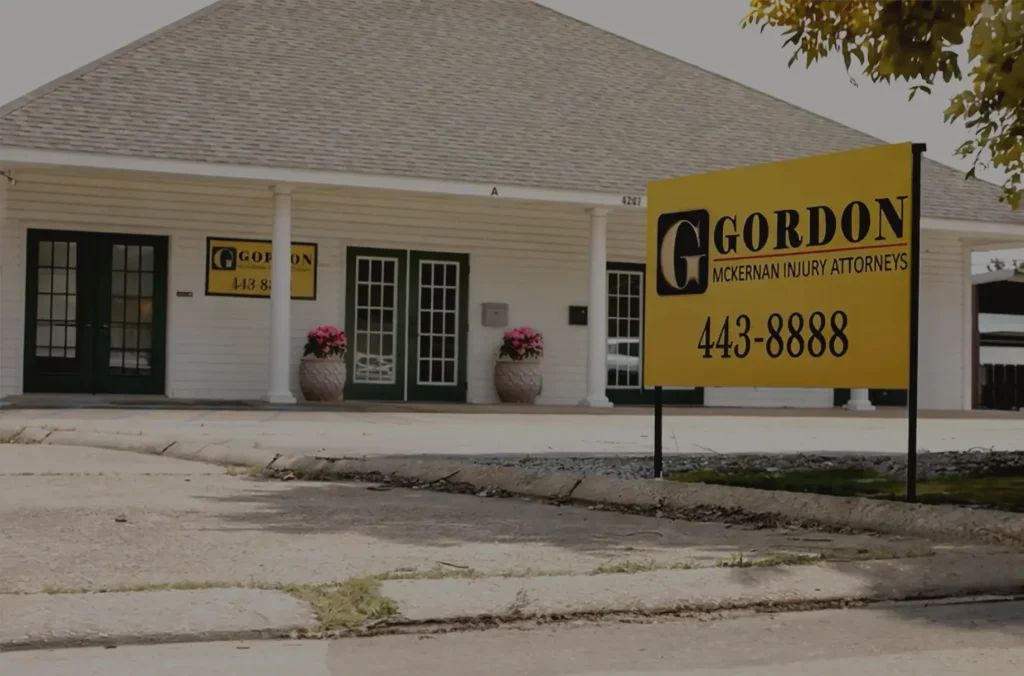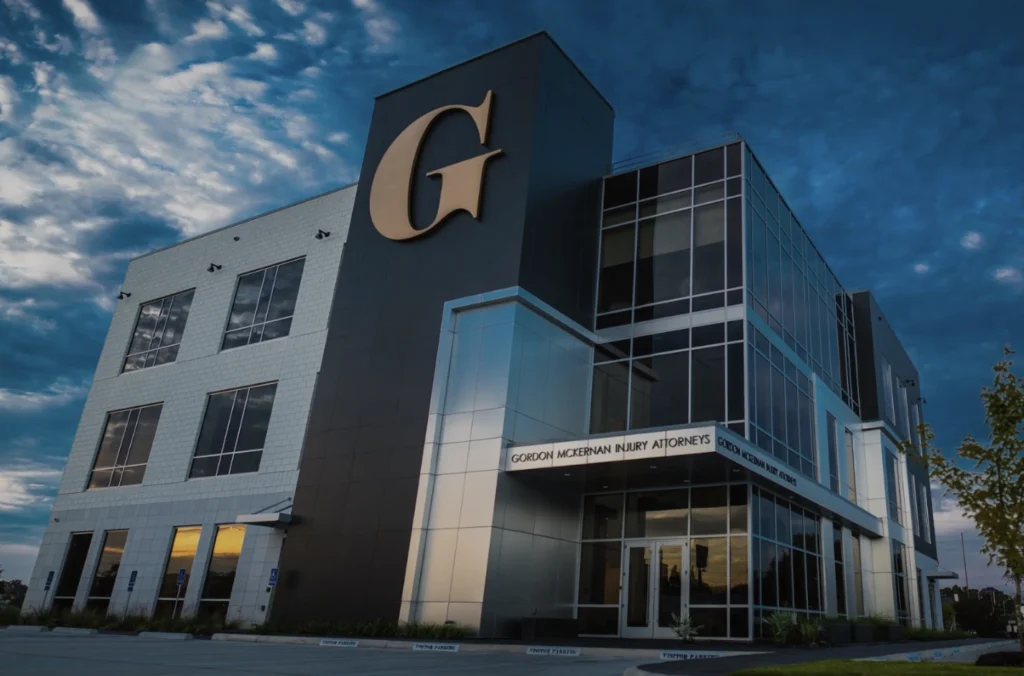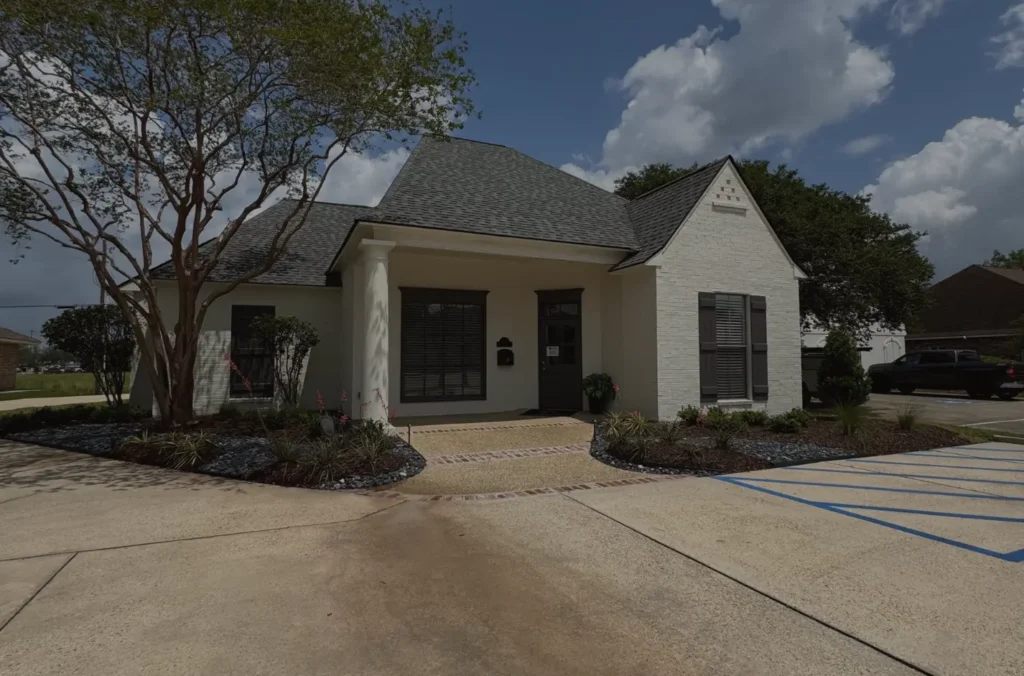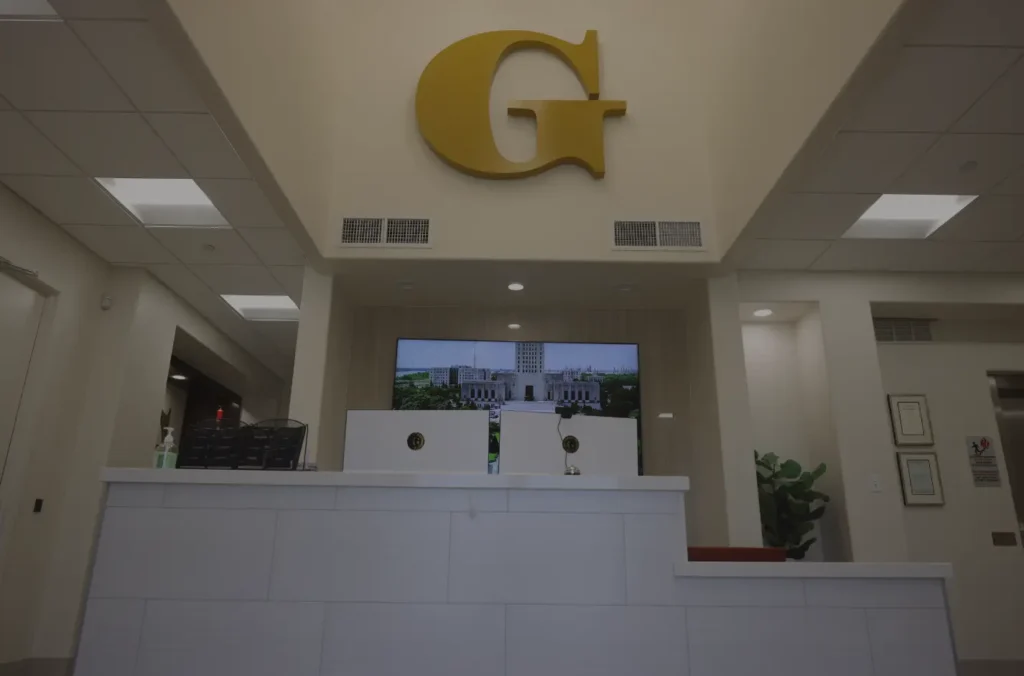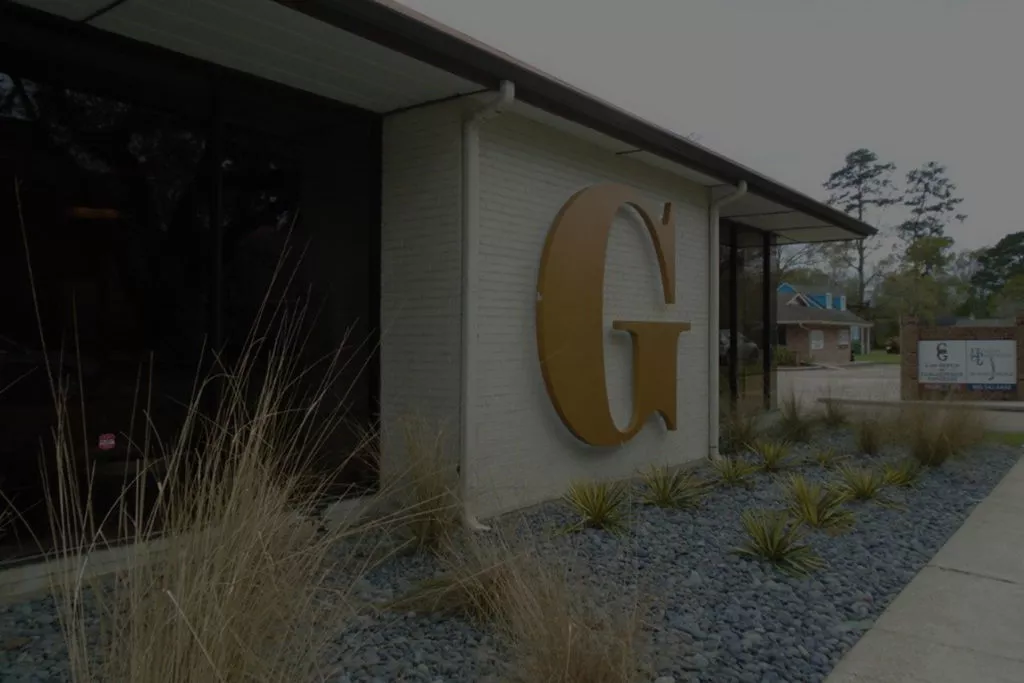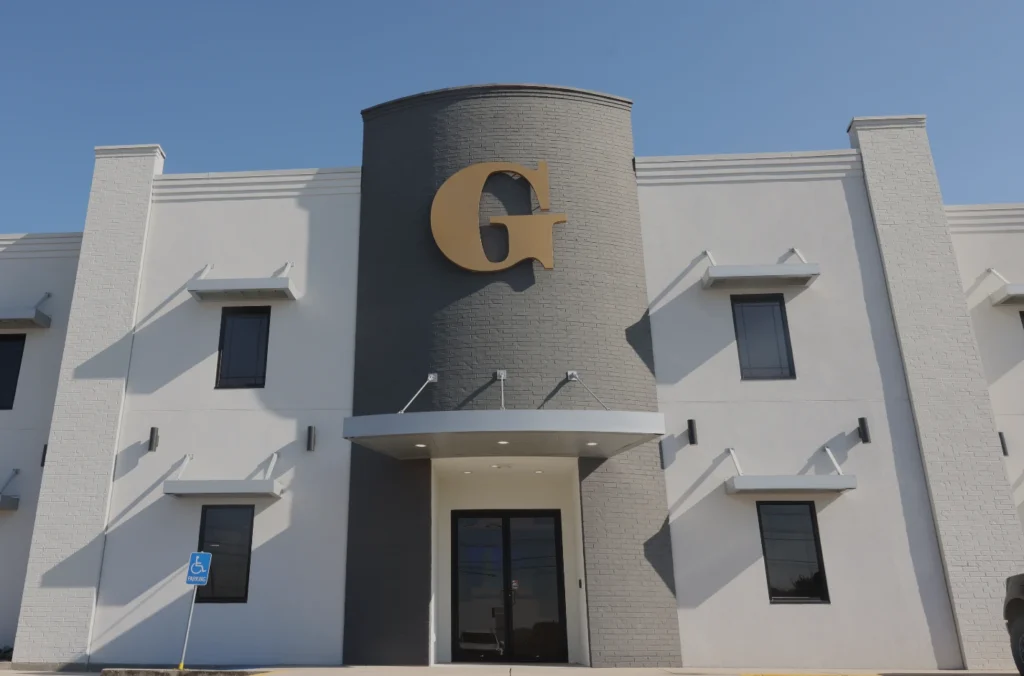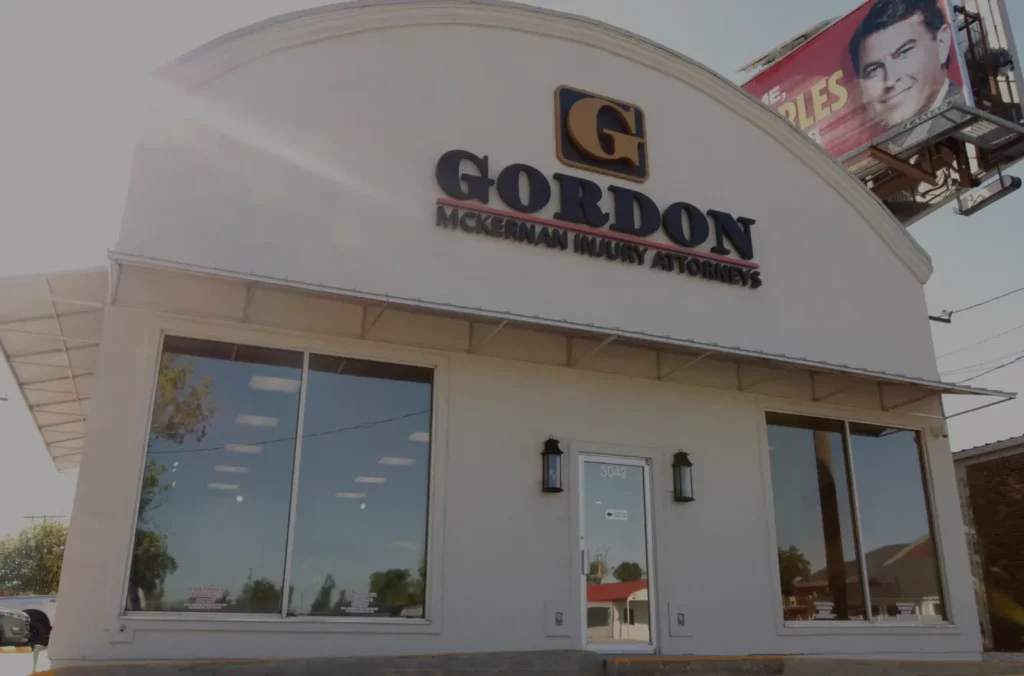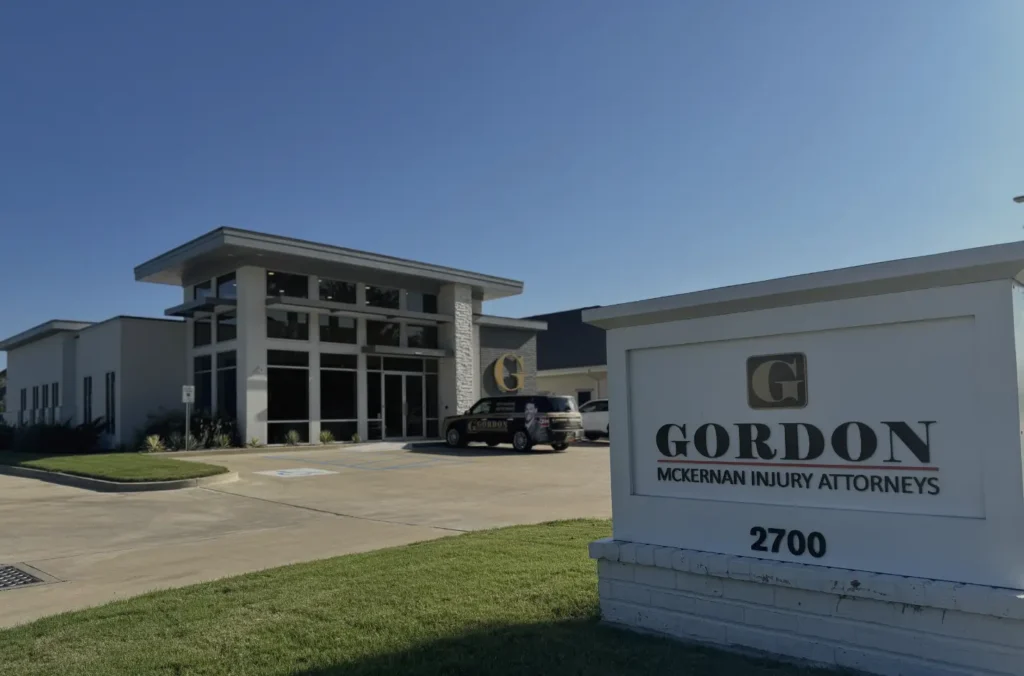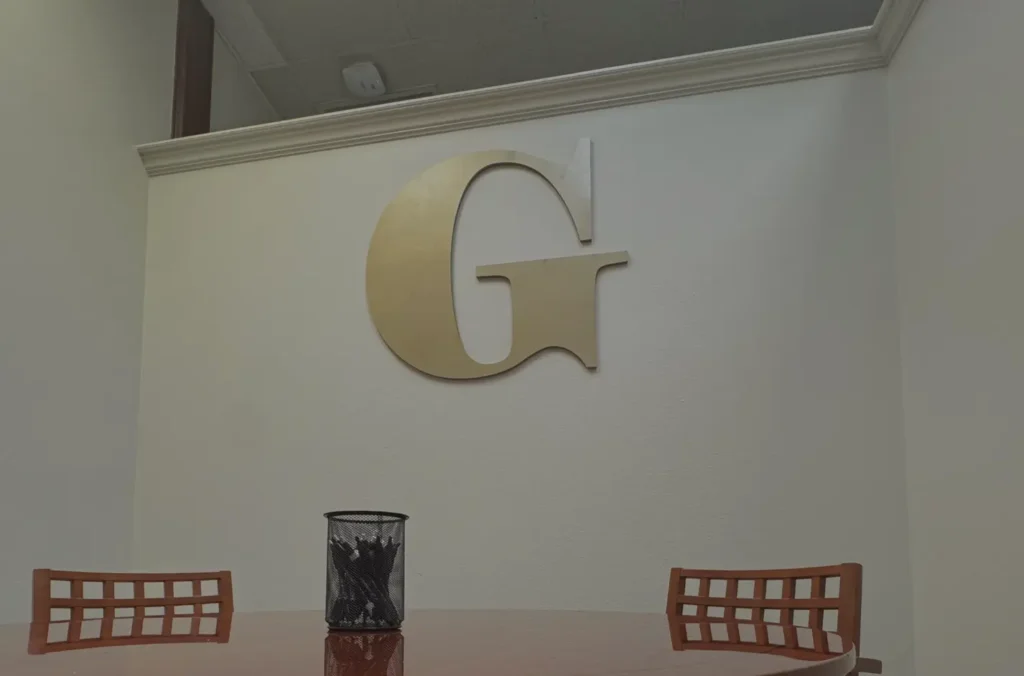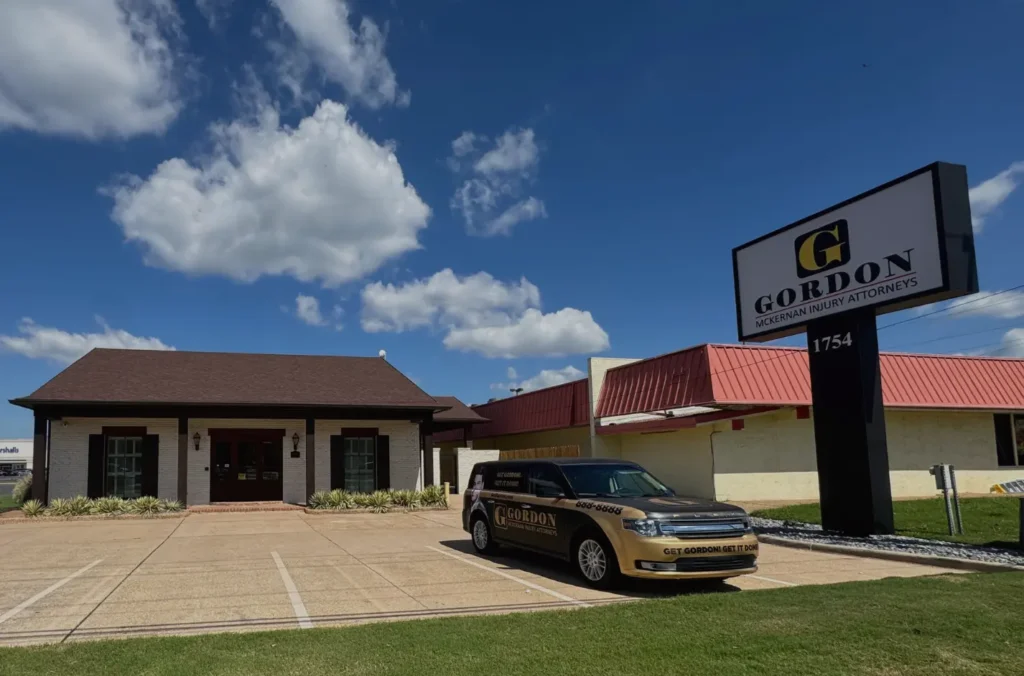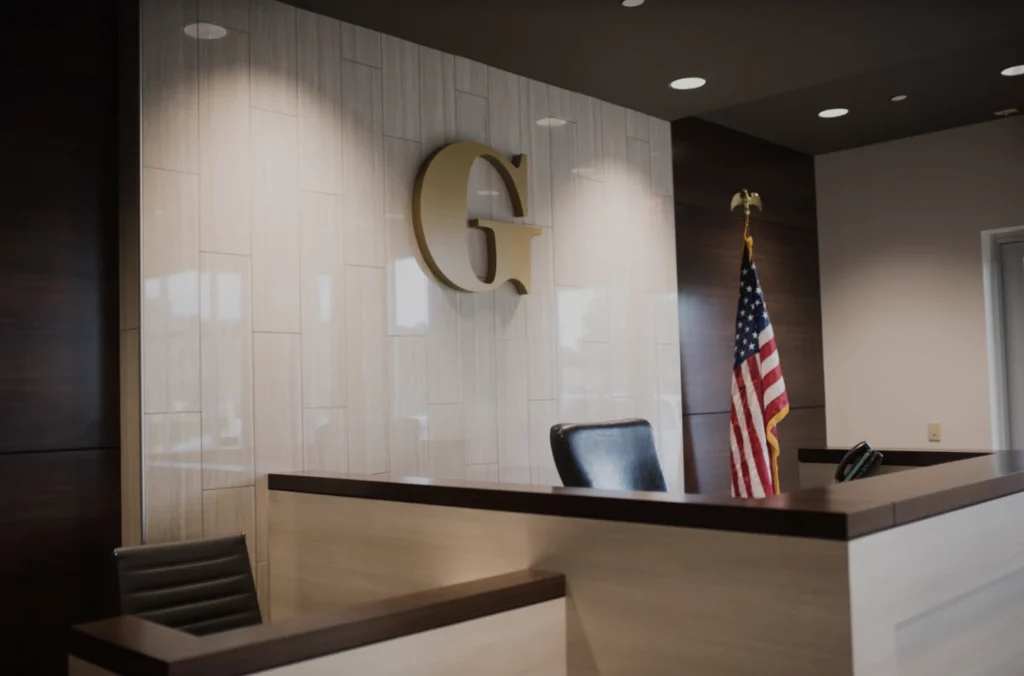Baton Rouge Traffic Ranked Fourth Worst in US
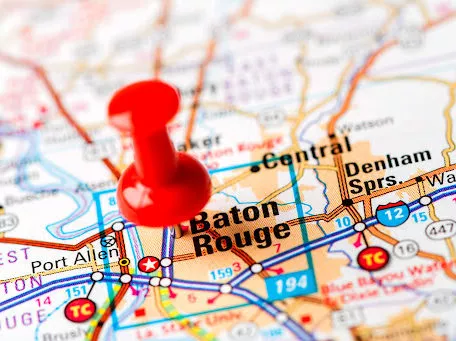
If you’ve been frustrated at the sometimes glacial pace of your morning commute in Baton Rouge, you’re not alone. A study performed by TomTom, the GPS and travel company, has found that Baton Rouge has the fourth-worst traffic congestion in the country, behind only New York, Los Angeles, and Miami.
In 2021, Baton Rouge drivers spent on average 27% more time in traffic during rush hour than at other times of day. This adds up to more than 60 hours wasted in traffic, and over $1,000 in gas and other costs, for every Baton Rouge driver, every year.
What has led to this sorry state of affairs? And what plans are in place to address it? In this blog we’ll see how we got here and where we might be going.
How Did Traffic Get so Bad in Baton Rouge?
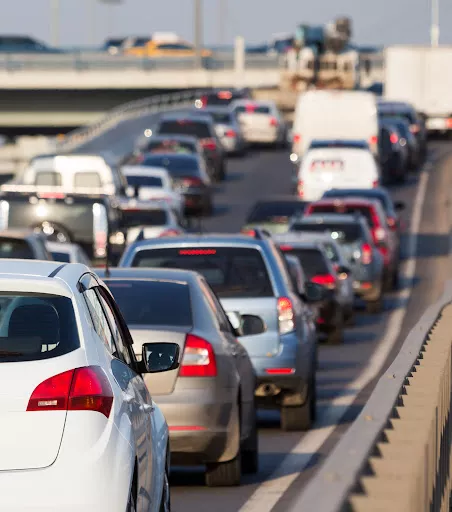
There are a few factors that, when combined, have led to the extreme traffic Baton Rouge commuters face daily:
- A lack of investment in infrastructure over the last 20 years or more
- A sudden growth in Baton Rouge’s population following Hurricane Katrina
- The Mississippi river squeezes the city from one side, limiting options
- I-10 and I-12 are shared by national through-traffic, local traffic, and other forms
- A lack of public transportation infrastructure
- Outdated and out-of-sync traffic signals
According to some experts, Baton Rouge’s roads are around 20 years behind the times, leading to increased waits, harder navigation, and an increased risk for collisions.
Another factor that could lead to more car wrecks is the big difference between rush-hour traffic and normal traffic: if a driver isn’t used to driving at rush hour, they may not expect a sudden slow-down and run into the car in front of them.
Whatever the cause, heavy Baton Rouge traffic causes increased commute times, more pollution, and a greater risk of highway crashes. It’s vital that the city do something to alleviate some of the traffic pressure, and that’s exactly what the city government is trying to do.
How Can Baton Rouge Traffic Improve?
Starting next year, state workers will begin expansion work on the three-mile section of I-10 between Acadian Thruway and the Mississippi River, which should improve congestion in that chronically backed-up corridor. However, in the meantime that stretch will be less 2 lanes, so expect traffic to get even worse before it gets better—though Governor Edwards has asked for a passenger rail upgrade between Baton Rouge and New Orleans to ease the burden a little.
Another plan in the works is the construction of a new Mississippi River bridge alongside the I-10 and older bridge in North Baton Rouge. That bridge is part of this year’s budget plan, which Louisiana lawmakers will vote on this session.
Finally, Mayor-President Broome of Baton Rouge has begun a MOVE BR project aiming at improving traffic flow throughout the city by upgrading traffic signals. She’s also worked with stakeholders to develop a more extensive network of bike paths throughout the city, allowing for safer alternative forms of transportation, further alleviating traffic.
Consequences of Heavy Traffic
Heavy traffic doesn’t just cause people to be late to work or miss appointments. It can also lead to a higher rate of car crashes, truck crashes, and other traffic accidents, in turn leading to more personal injuries and wrongful deaths.

If you or a loved one has been the victim of a Baton Rouge traffic accident, call the dedicated traffic accident attorneys at Gordon McKernan Injury Attorneys. We’re a Louisiana law firm with 679+ years of combined legal experience helping our clients recover the compensation they need to heal from their injuries.
Give us a call at 888.501.7888 for a free consultation about your legal options today.

Office Locations
© 2025 Gordon McKernan Injury Attorneys.

